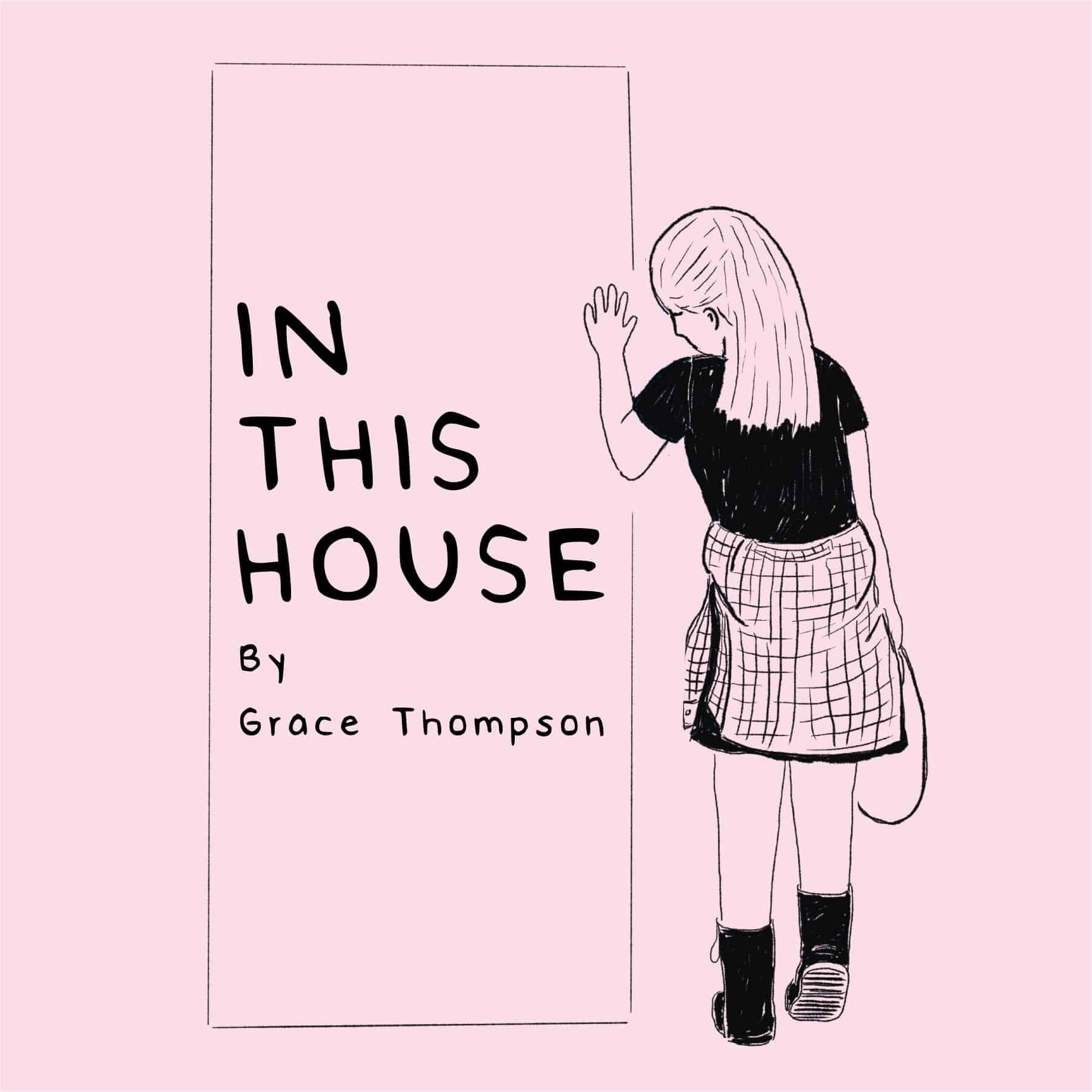Depression and anxiety loom large for the millennial generation in Toronto. Some blame it on technology and social media, while others point to the housing crisis, capitalism—the list goes on. In her play, In This House, premiering at the Rendezvous With Madness Festival on October 11, Grace Thompson doesn’t go searching for answers. Instead, she explores what happiness is, and how—as friends and roommates—we support one another on a daily basis in order to survive.
Charlie is looking for happy, Remi is a struggling musician and bartender who has clinical depression, Jinx is a burlesque performer and PHD candidate who works at the Orange Balloon, and Minka—no one knows what Minka does. In This House is a play about four young adults living together in Toronto.
In advance of the premiere, we caught up with Grace to talk about what inspired her play, and the power that small acts of kindness can have in a city full of struggles.
SDTC: What sparked the idea for this play? Was it a particular event or an idea that came together over time?
GT: Three years ago we lost a dear friend and classmate from theatre school to suicide and it felt like the world had stopped. We were just half a year out of school, everyone was trying to find their path, begin their life, and our friend had just ended his. This was so much bigger than all of us could comprehend. As I looked around at all these people I loved, I wanted so badly to help, but I didn’t know what to do or say.
I began with the question, “When was the last time you felt really happy?” This sparked me to start writing. I then asked my peers the same question, and the answers were both heartbreaking and hilarious and gave me so much inspiration to begin writing the world of this play. It was very necessary to write as best I could an authentic depiction of this struggle. This is not a play with a happy ending or any one solution, but a time in our lives. I want this play to give people something to hold on to for so many of us that always feel like we are falling. Most importantly this play is for my friend Lou, whose spirit has been embedded into this play, and for all your friends, this is for you.
You describe In This House as a “look into the epidemic of loneliness and depression among the millennial generation”; why do you think we have an epidemic? Why are so many young people suffering from depression?
Suicide is one of the leading causes of death among people ages 20-29 in Canada. This is a crisis, and we should be having ongoing discussions about it—not once-a-year campaigns. We need to find safer ways to openly discuss mental health without feeling shamed, judged, or triggered. Our generation grew up with the internet, which brought on a whole new set of ways to trigger anxiety, isolate ourselves, compare ourselves to others. As much as the internet has given people access and accessibility to amazing communities and resources, I think social media has made us all feel so addicted to our phones, and it can be a cesspool of unnecessary anxiety and self-hate.
In This House is about roommates living together, supporting one another. What are small acts that we can all do, on a regular basis, to help one another get by?
Often your roommates are going in and out all the time, and most days you can end up not even acknowledging each other. A simple “Good morning” or “How are you?” can mean so much. You never know what someone’s dealing with on any given day.
If you’re making a pot of coffee or tea, offer some to your roommate. Same goes for baked goods, wine etc. Little offerings go a long way, and they will usually end up doing the same for you (hopefully).
In general, what do you think are the most common everyday struggles that millennials in Toronto deal with?
The biggest struggle for us is the high cost of living, especially for artists, when each month feels like this wild hustle to just pay your rent. Secondly, I would say the ridiculous stigma that has been placed upon millennials. It’s comical to see some articles out there with headlines like, “21 reasons why millennials are the worst generation” or “Why Lazy, ‘entitled’ millennials can’t last 90 days at work.” This kind of stuff is so ridiculous; not a single person I know in this city doesn’t work their ass off.
What stigma are you trying to fight with In This House?
The biggest stigma I am trying to fight is [how] we think someone with mental health or addiction issues looks or behaves. These things manifest themselves so differently from person to person. The stigma around mental health—we desperately need to start learning ways to talk about this.
What are some ways that you find peace and comfort in hectic city life? Ways that you relax in a challenging world?
A bike ride or a walk can be such a great way to find peace and clear your head.
Music, music, music.
Toronto has such incredible libraries; it’s a great place to do some writing, or just read, and you don’t have to buy a coffee!
Take a break from Instagram or Facebook. Set boundaries for yourself, surround yourself with positive people, eat a cookie.
What mantra is currently guiding your journey?
“The best way to get along with someone is to not expect them to be like you.”
In This House will be running October 11-October 20 at the Workman Arts Theatre. See full schedule here.




 Follow Us On Instagram
Follow Us On Instagram
